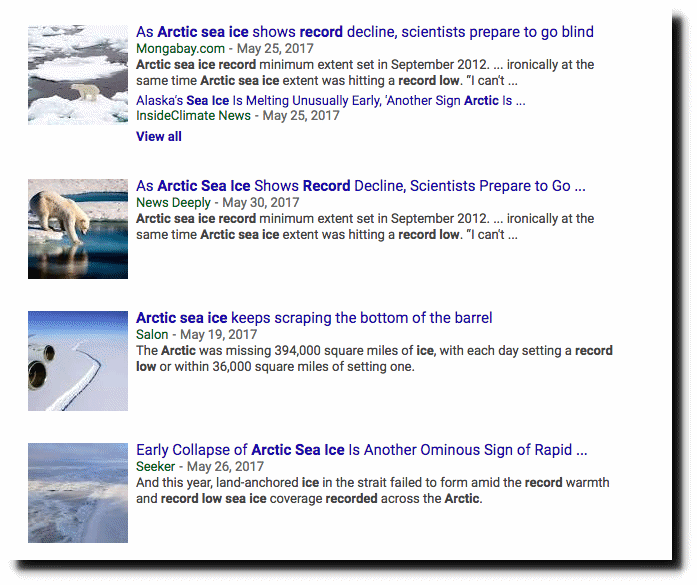
At last, the New York Times publishes a letter from an informed climate change skeptic. Alexander McKay’s letter (6/11/17) was a breath of fresh air in the otherwise stale regurgitations of environmental propagandists that usually appear in the Times.















